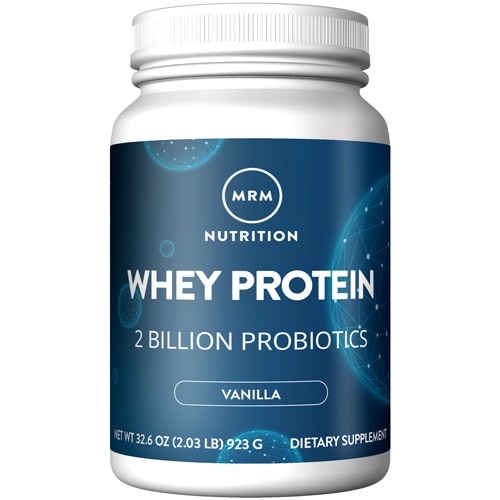For years, the debate has raged: Does taking a whey protein supplement help you build bigger and stronger muscles?
A new study out of McMaster University in Hamilton, Ontario, contends that the answer is a clear “yes.”
Researchers analyzed dozens of studies examining the role of dietary protein supplements. They concluded that consuming up to 1.6 grams of dietary protein per kilogram of bodyweight per day can help build muscle size and strength. (A kilogram is equivalent to 2.2 pounds.)
Adding whey protein to your diet often makes sense, even if you don’t care about bigger muscles, says Molly Kimble, a registered dietitian with Ochsner Fitness Center in New Orleans.
“I’m a fan, and happy for people to add protein of any type to their diet,” she says.
Who needs more protein?
Kimble generally recommends a daily intake of 1 gram of protein per pound of your goal body weight, or your healthy body weight.
However, she said many people – particularly women – do not get enough protein.
“They might end up not getting quite enough protein in their diet to support the level of exercise that they’re doing,” she says.
Protein also is important for competitive athletes, or anyone who simply exercises a lot. Not only does it help build muscle and strength, but it also aids muscle recovery so you don’t feel rundown after a workout.
“Especially post-workout, when our muscle cells are like little sponges looking to soak up and recover as fast as possible -- I like using whey protein at that point,” she says.
Why whey protein can help
Kimble says there is “nothing particularly miraculous” about protein powder. However, the convenience of using such powders makes it much easier for busy people to get their daily allotment of protein.
“You may not have a chicken breast at 3 o’clock, but you can throw a scoop of protein powder into a shaker cup and be done with it,” she says.
Whey protein powder is a particularly good source of the macronutrient, thanks to the powder’s convenience, portability and other qualities, Kimble says.
“It’s one of the better-absorbed types of protein,” she says. “Whey protein is very neutral and tends to dissolve and mix well.”
Kimble notes that 3 ounces of beef gives you only about 20 grams of protein. Thus, a protein powder can complement dietary sources.
Getting more protein into your diet
Kimble says protein powder is safe, and that you would “have to really try to overdo it” before taking such a supplement would potentially harm your kidneys or other organs.
Still, she says it is important not to make protein powder – or any supplement – the cornerstone of your diet. Supplements should be “exactly what their name is – a supplement to a real whole-food-based diet,” she says.
When choosing a brand of whey protein, try to avoid artificial sweeteners as much as possible.
“A lot of them are sweetened naturally with stevia or other types of natural plant-based sweeteners,” she says. “Or, they’re just unsweetened.”
Also, avoid whey protein that is high in sugar. “It’s rare to find a whey protein that’s also high in sugar, but double-check the label to see,” she says.
Whey protein can be purchased in two primary forms: Whey concentrate and whey isolate.
Whey isolate tends to be better quality, but is a bit more expensive, Kimble says. She adds that whey concentrate is “still going to be a really good product,” and that either form is good for most people.
Choose a whey protein that tastes good to you. Otherwise, you won’t use it, Kimble says.
Kimble also urges you to be creative with how you use protein, and to go beyond a simple protein shake. She often urges clients to dissolve a little bit of whey protein in almond milk before adding it to other foods.
“The key is to dissolve that scoop of protein first,” she says. “If you just sprinkle it over, it will get kind of clumped up.”
She suggests stirring the combination of almond milk and dissolved whey protein into your oatmeal. Or, pour it over your cereal.
“I also like it in my coffee,” she says.
You can also use whey protein in place of some flour when baking. Kimble says a scoop of protein powder can add structure and texture to almond flour or coconut flour in gluten-free baking.
“It makes it easier to reach those protein goals,” she says. “A lot of us aren’t reaching those protein goals.”




